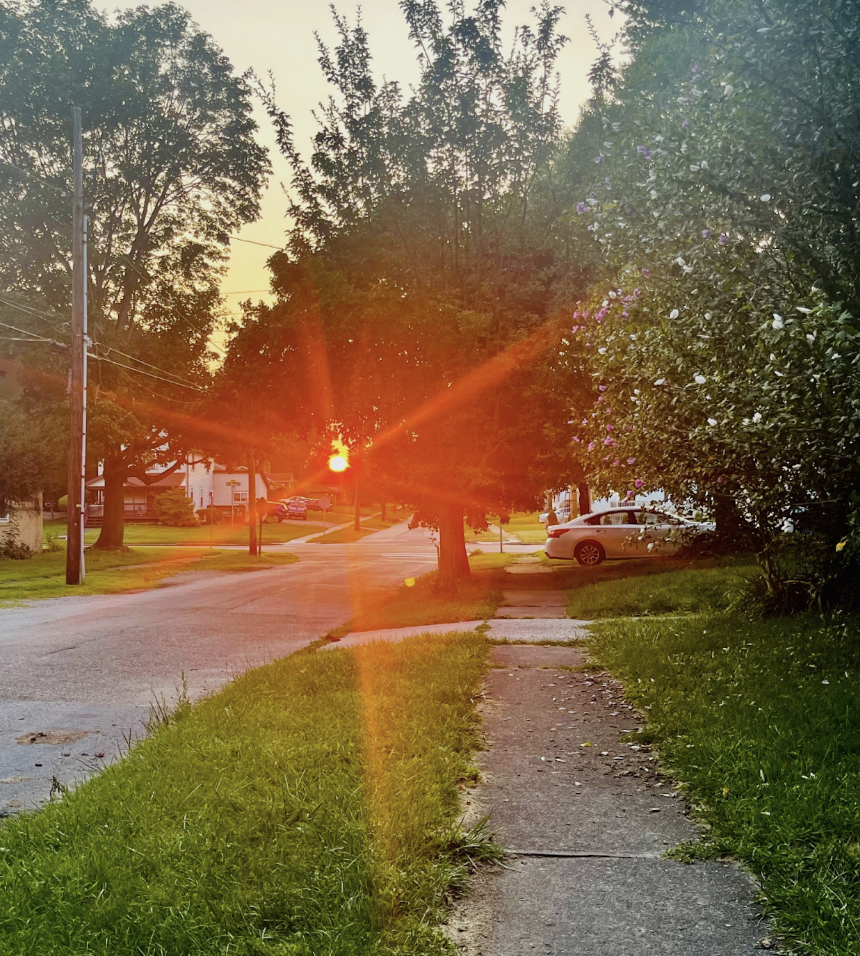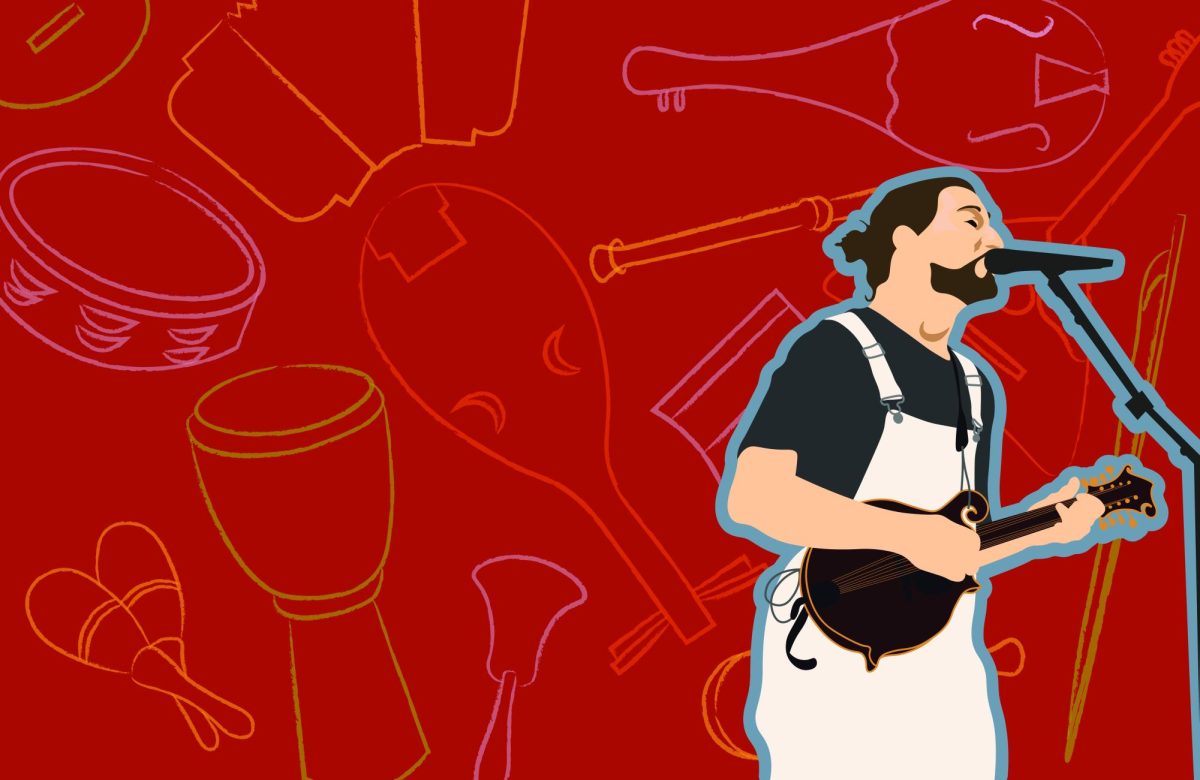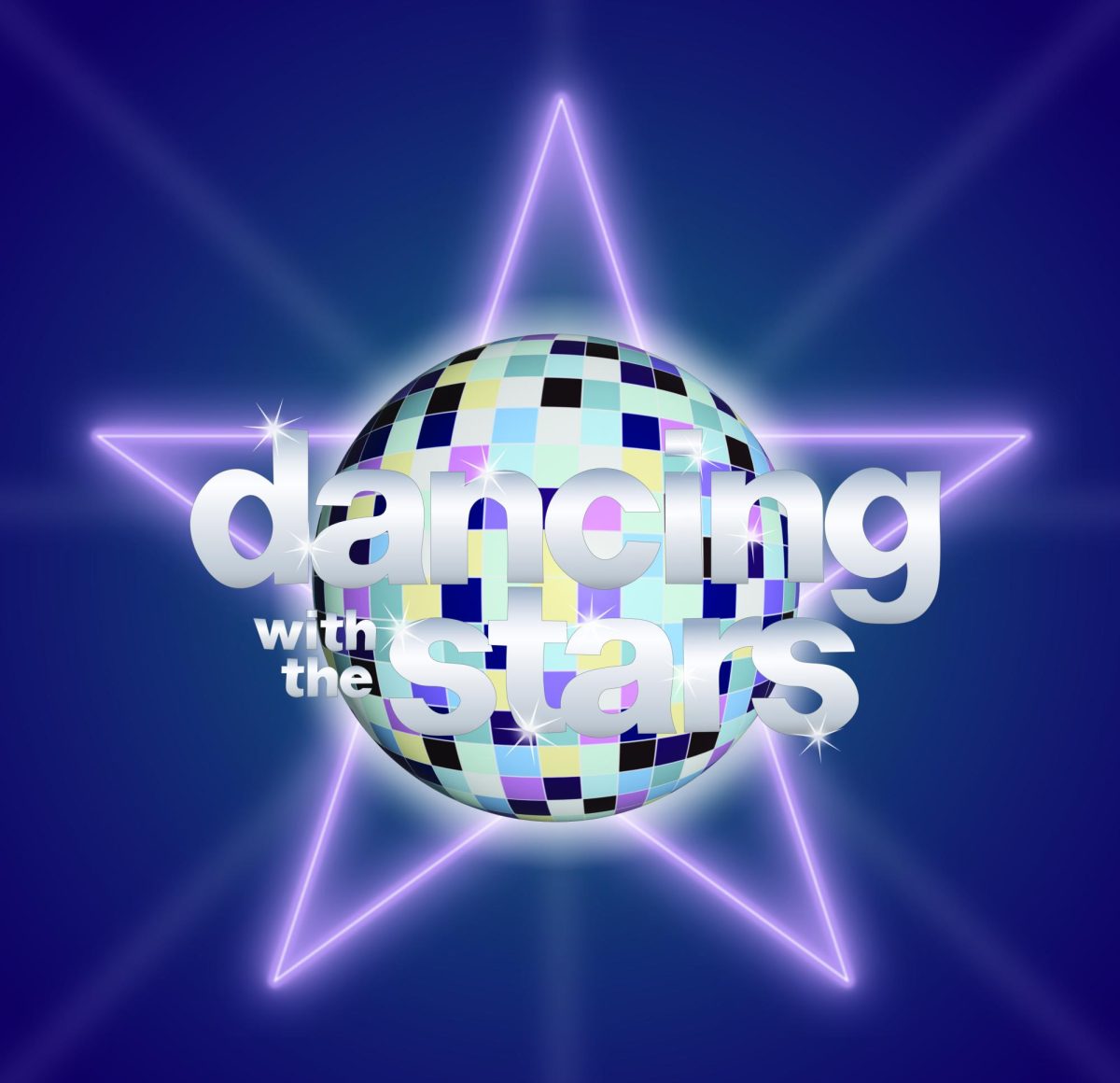Growing up and leading into adulthood, talking to my neighbors was never reinforced or part of daily life. I was constantly leaving my block to go to a friend’s house where they similarly lacked neighborly exchange.
The oddity of the experience is that I grew up in Buffalo, commonly referred to as “the city of good neighbors.”
In May 2022, my partner and I bought a home on a dead-end road overlooking the river, a home that is of family sentiment and means the world to us. Most of the neighbors on the block hang out with their kids and grill out or have bonfires.
We quickly became well acquainted with the families and we started a “neighbors” group chat, inviting each other to watch football in the backyard or talk about power outages.
Soon after, a couple moved in across the street and I’ve never made friends so fast, we connected instantly. Naturally, they introduced us to their friends and one of them bought the house that was for sale on our road.
The five of us have been getting together throughout the week since we met. We switch houses, play music and walk our road to hang out with the rest of the neighbors too.
I have had the warmest, fullest, and safest feeling since moving onto our private little dead-end road. My neighbors — and the greatest friends I’ve had thus far —have brought a sense of belonging and tremendous joy to our lives.
The age-old adage “Love thy neighbor as thyself” encapsulates a profound truth that transcends a simple neighborhood. It speaks to the fundamental human need for connection and empathy.
Loving your neighbor is the basis for harmonious and happy communities.
At its core, loving your neighbors is about friendship, support and compassion. We look out for one another and really, my block of families is my family. I can knock on any neighbor’s door and have a drink, play a game, cry about life or cook dinner and laugh while doing it.
Neighborly love is winning over the adoration and trust of your two-year-old neighbor by kicking the ball around and making them laugh. It’s talking with the fifteen-year-old who lives next door to teach them about the nuances of life and it’s waving hello when getting out of our cars.
When I turn the corner onto my road, it puts a smile on my face to see the kids playing basketball, the parents conversing and the others sitting on their porches.
No one on our block hangs out in their backyards, but in the front yard where we all meet in unison. By promoting collaboration, we harness the collective potential of our communities, making them better and stronger places to live.
We look out for each other’s pets and children, and knock when we need sugar.
I am so happy to be knocking on my friend’s door again. The simplicity of a knock on the door brings back organic friendship and comfort. There’s no need to pick up a device and call or text to make plans. I look for their cars in the driveway and know they’re home. Oftentimes, I do what I call “my neighborly rounds,” where I knock on a few friend’s doors just to check in or hang out.
Humans are wired for social connection; we live in families and value fellowship. When we form strong bonds with the people around us, it is a reminder that we are not alone and are surrounded by people who genuinely care about our well-being.
Why have neighborly niceties felt like something of the past? Regardless of the answer, it is never too late to connect with your community and form everlasting bonds.
Carlina Krajnik is an opinion writer. Contact her at [email protected].




